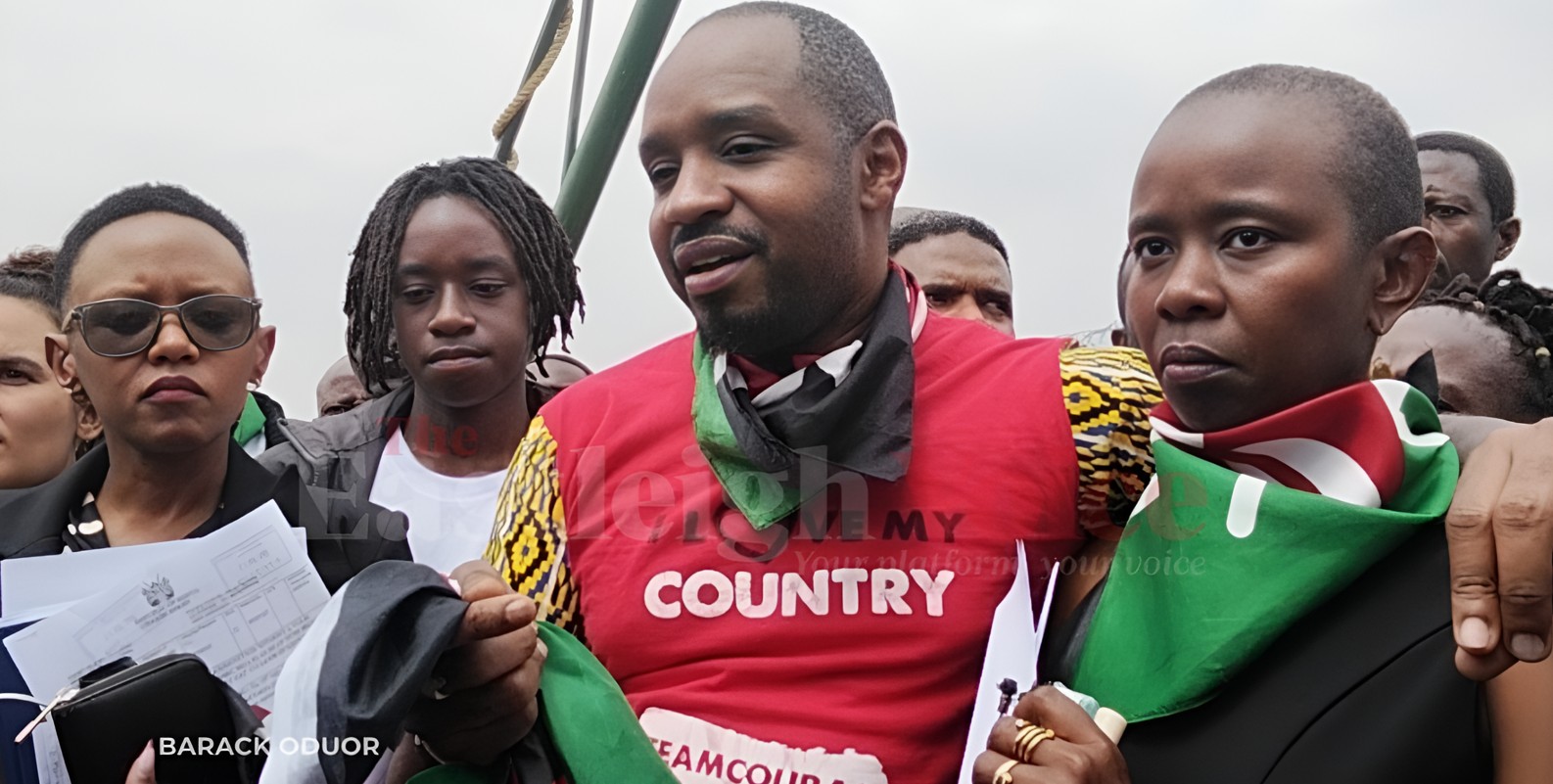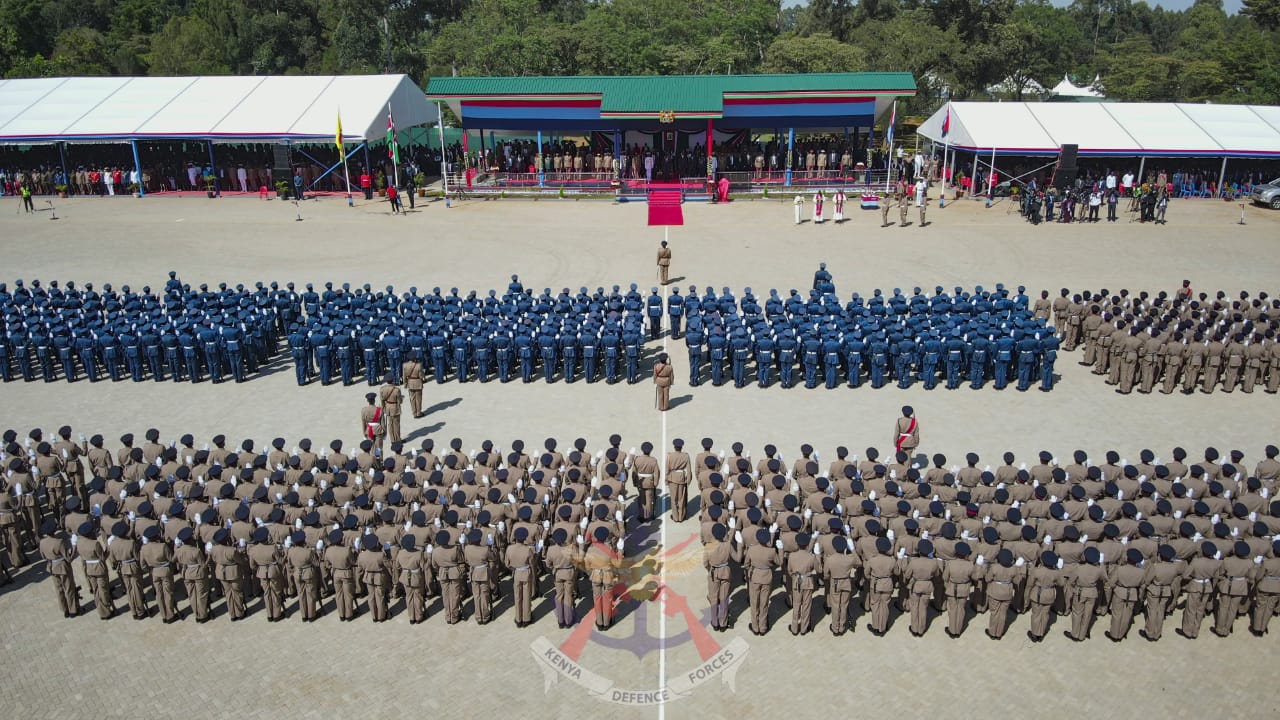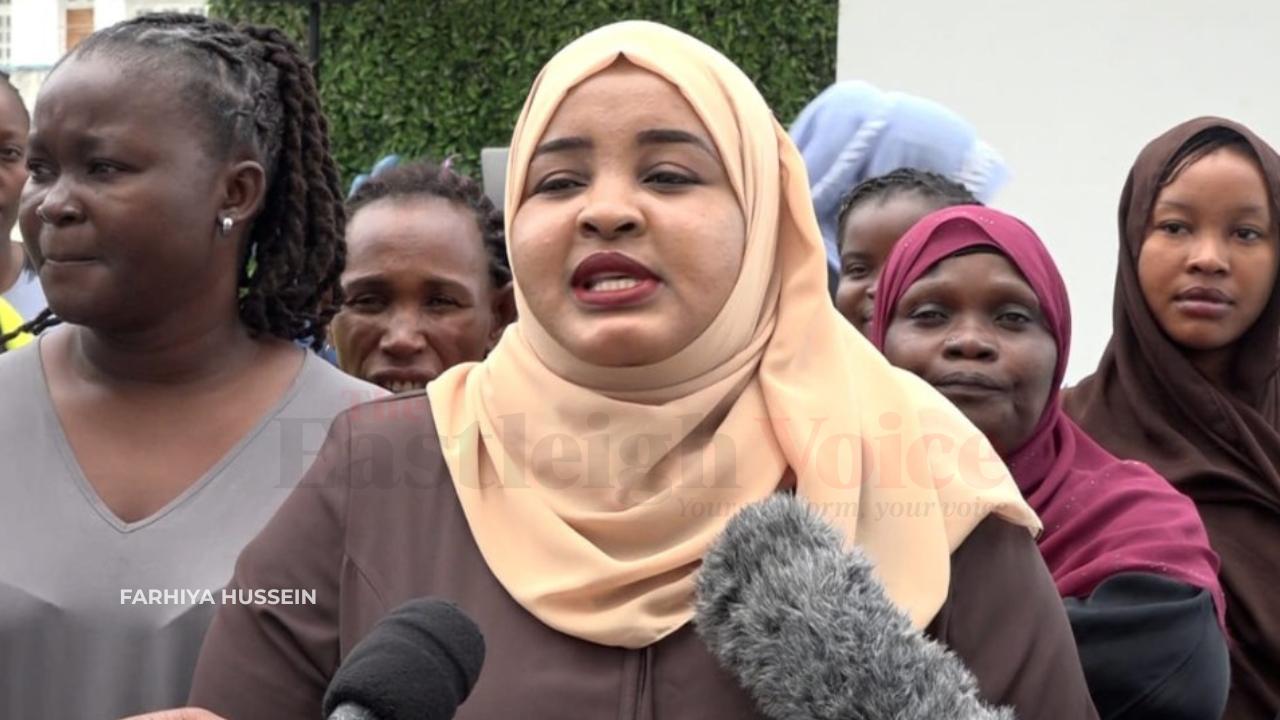Explainer: What counts as illegal possession of ammunition, the penalties and key facts

Mwangi, a prominent activist known for his outspoken advocacy on social justice, has denied any wrongdoing and described the charges as politically motivated.
Human rights activist Boniface Mwangi was on Monday morning arraigned at the Kahawa Law Courts, where he was charged with possession of ammunition without a valid firearm certificate—an offence that carries a prison term of up to seven years if convicted, with no option of a fine.
Under Kenyan law, possession of prohibited firearms or ammunition carries even harsher penalties.
More To Read
- Vocal Africa condemns Ruto’s administration for using terrorism charges to silence Kenyan activists
- Boniface Mwangi released on Sh1 million bond after being charged with possession of ammunition without valid firearm certificate
- Activist Boniface Mwangi set for arraignment today on terror-related charges
- Boniface Mwangi's wife, legal team accuse police of planting ammunition, tear gas canisters to justify terror charges
- Details of 7.62mm blank round allegedly found in Boniface Mwangi’s office
- DCI says it recovered ammunition, tear gas during raid on Boniface Mwangi’s office
If the weapon or ammunition in question falls under the category of restricted items, the sentence ranges from a minimum of seven to a maximum of fifteen years.
Certain firearms—such as the AK47, G3, and MP5—are classified as “specified firearms” under Section 4A of the Firearms Act.
Possession of these weapons without a valid certificate or lawful justification attracts a mandatory life sentence.
The same penalty applies to licensed individuals who hire out such firearms or allow them to be used in organised criminal activity.
According to court documents reviewed by The Eastleigh Voice, Mwangi is accused of possessing “an explosive device, to wit, three tear gas canisters without lawful authority,” along with a single round of blank ammunition.
This marked a shift from earlier reports suggesting he would face terrorism-related charges—claims that sparked widespread public debate over the legality and motivations behind his arrest.
Personal bond
Mwangi pleaded not guilty and was released on a personal bond of Sh1 million.
A personal bond is a legal agreement in which the accused commits to appear in court and adhere to certain conditions, without providing cash bail or a surety.
The charges stem from a dramatic raid by officers from the Directorate of Criminal Investigations (DCI) on Sunday.
In posts shared on its official social media accounts, the DCI stated that it had recovered several items from Mwangi’s Lukenya home, on the outskirts of Nairobi, and his Nairobi office. These included mobile phones, a laptop, hard drives, notebooks, computers, the three tear gas canisters, and the single blank round.
In Kenya, possession of ammunition—including tear gas canisters—without a valid firearm license is a serious criminal offence. Section 4(3) of the Firearms Act prescribes a mandatory prison sentence of between seven and fifteen years for those convicted.
However, courts may consider mitigating factors, such as the defendant’s criminal history or the specific context of the offence.
Mwangi, a prominent activist known for his outspoken advocacy on social justice, has denied any wrongdoing and described the charges as politically motivated.
Given his public profile and the controversy surrounding the case, the trial is expected to attract widespread attention.
Top Stories Today














































